[ NPR ] China is removing domes from mosques as part of a push to make them more ‘Chinese’
China is removing the domes and minarets from thousands of mosques across the country. Authorities say the domes are evidence of foreign religious influence and are taking down overtly Islamic architecture as part of a push to sinicize historically Muslim ethnic groups — to make them more traditionally Chinese.
The campaign comes amid rising Islamophobia in China and growing religious restrictions, touching off a discussion across the country among scholars, ethnic policy regulators and historically Muslim Chinese communities about what exactly should be considered “Chinese” to begin with.
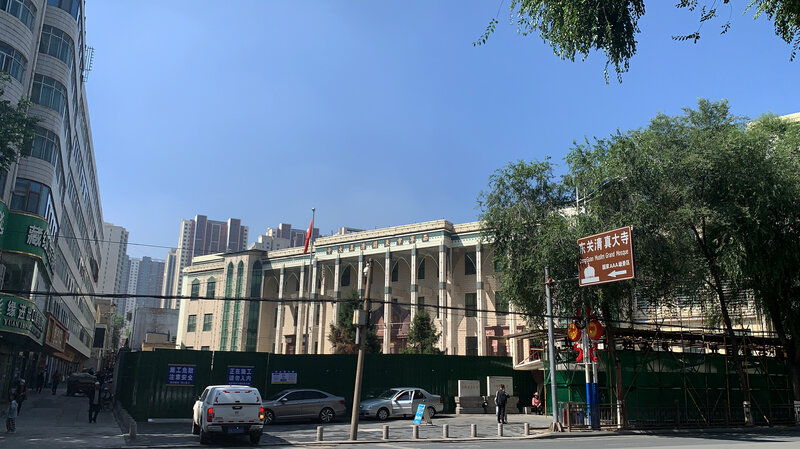
China’s ethnic policy is directly modeled on the Soviet approach, classifying citizens into 55 distinct ethnic minority groups, each of which, in theory, is granted limited cultural autonomy within its territory. But experts say the Communist Party under Xi Jinping’s rule has shifted to a new approach, one that favors integration and assimilation — a process dubbed “sinicization” in official speeches and documents.
After more than 1,300 years of living and intermarrying in China, Hui Muslims — who number about 10.5 million, less than 1% of China’s population — have adjusted by becoming culturally and linguistically Chinese. They even made their version of Islam accessible to Confucians and Daoists — trying to show it as inherently Chinese and not a foreign influence — by adopting spiritual concepts and terms found in ancient Chinese philosophy to explain Islamic precepts.
Various Hui sects have also incorporated Chinese religious practices into their worship, such as burning incense at religious ceremonies. Hui communities in central Henan province are even known for their female-only and female-led mosques, believed to be a uniquely long tradition in China.
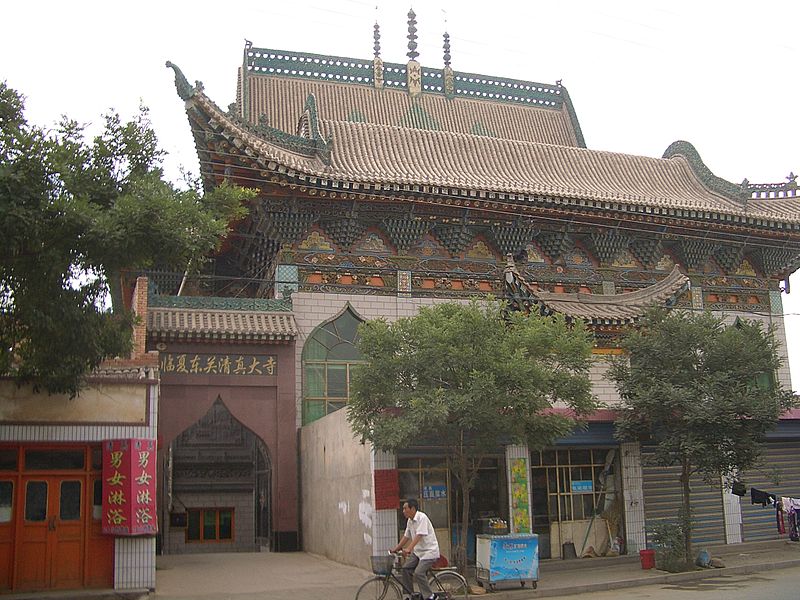
The problem from Chinese authorities’ perspective, says Gladney, is that the Hui are not Chinese in the way sinicization proponents want: “When people make this one-way argument of sinicization, I think they’re confusing that with Han-isization” — in other words, making Chinese Muslims more like China’s Han ethnic majority.
Beijing has a much narrower understanding of what being “Chinese” means – adhering to Communist Party values, speaking only Mandarin Chinese and rejecting all foreign influence, say scholars.
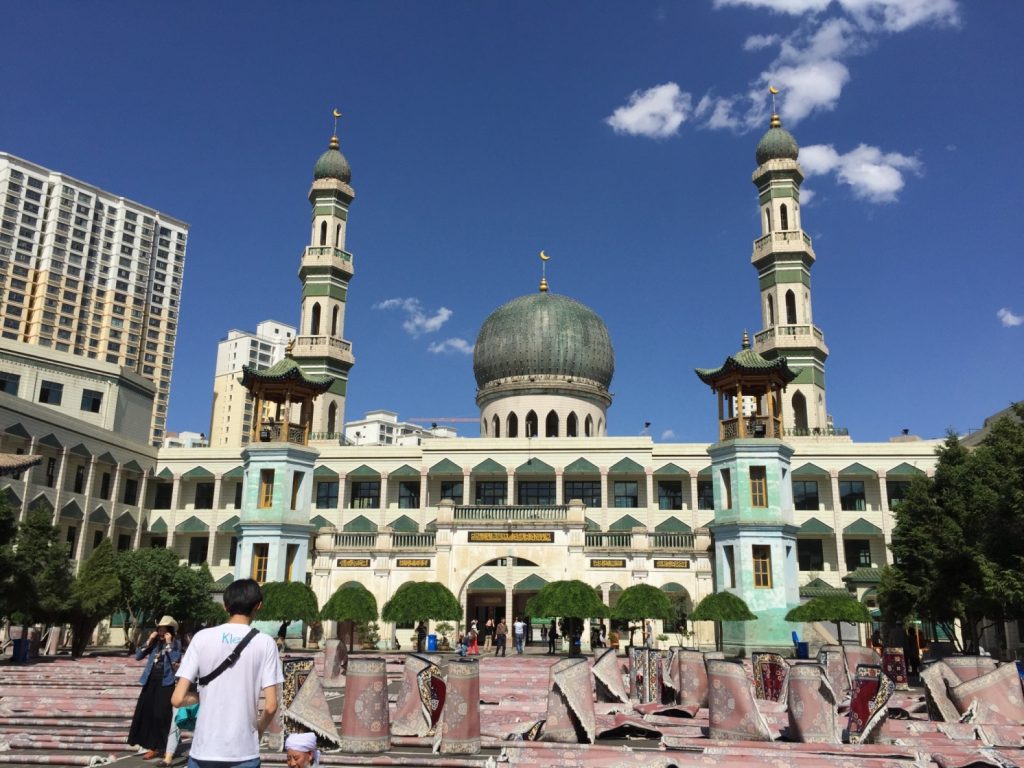
Xi first called for sinicization in 2016. In August, he gave a speech saying religious and ethnic groups should “hold high the banner of Chinese unity” — meaning they should put Chinese culture ahead of ethnic differences.
The dome removal campaign has met with limited public resistance. Xining residents say the Dongguan Mosque’s imam and director were briefly detained and forced to sign in favor of it. Less than a mile away, Xining’s marble Nanguan Mosque is also being prepped for dome removal. A shell of bamboo scaffolding encases its white dome.
The dome removal at Xining’s Dongguan Mosque has split China’s already fractious Muslim community, which is prone to sectarian divisions, according to Frostburg’s Ma, who was born in Xining and was raised around the mosque.
“If you remodel this mosque and create some chaos [among the Muslim community]. You already have different sects starting to rise in Xining … I think the government is trying to divide and rule,” says Ma.
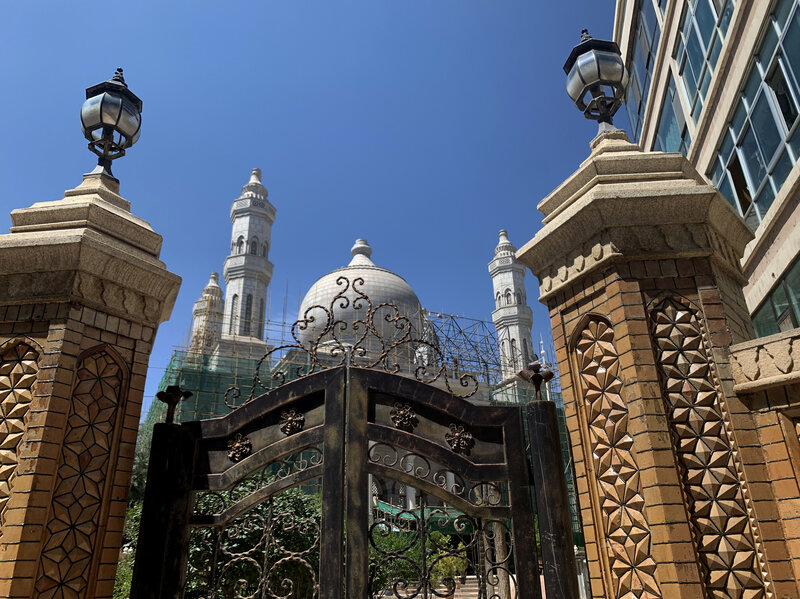
The state itself is also divided over what Chinese mosques should look like.
In the 1990s, as China opened up politically, local leaders encouraged Persian Gulf states such as Kuwait and Saudi Arabia to invest money into massive infrastructure projects aimed at internationalizing the once-closed Communist country. More Chinese Muslim students were able to study abroad in Middle Eastern countries, especially in Egypt, the United Arab Emirates and Saudi Arabia, and they brought back new ideas about Islamic architecture.
As part of these modernization efforts, authorities also tore down centuries-old Chinese-style mosque roofs— including the ones which graced the Dongguan Mosque — and built Arabic-style domes.
In previous conversations Gladney had with local governments intent on adding domes to old Chinese mosques, “I was jumping up and down, saying, ‘don’t do it, don’t do it,'” he says. “You can build your dome and your new mosque next door, but preserve what you have here.”
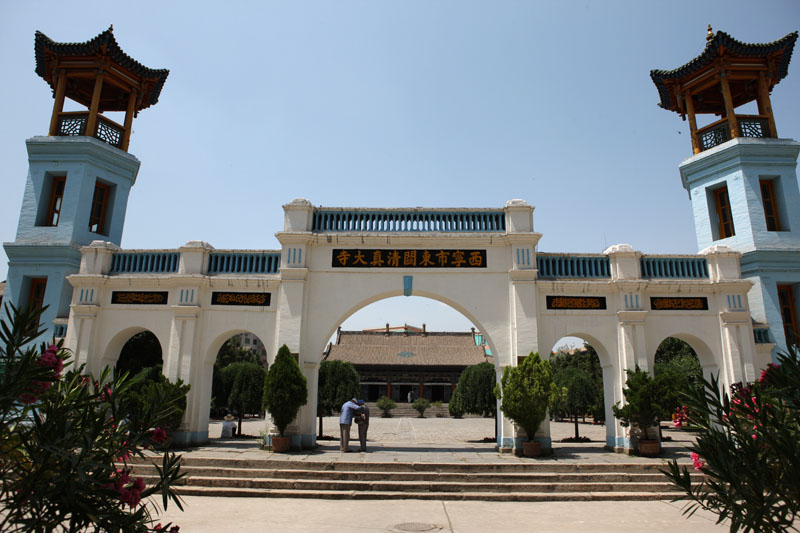
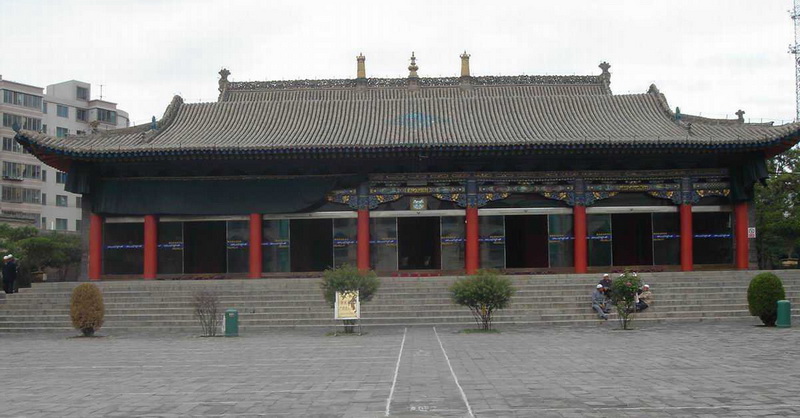
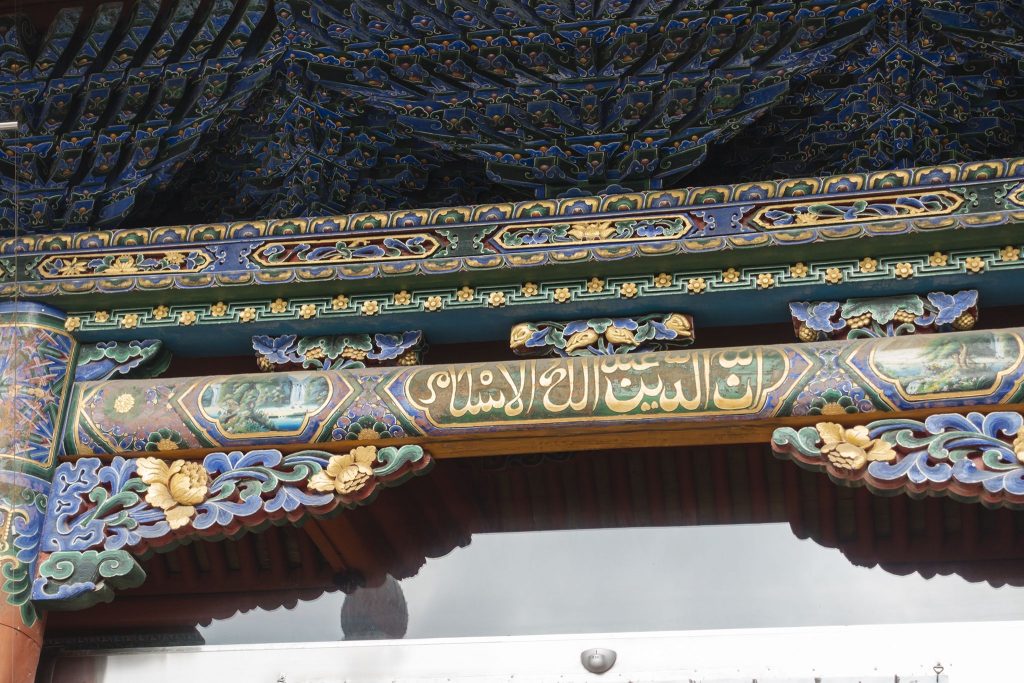

DPA Notes: “foreign religious influence” <— funnily, this is factually correct.

